Top 10 Most Expensive Pieces of Art Sold in 2016

No. 10 – Kerry James Marshall- Plunge (1992) – $2.1 million
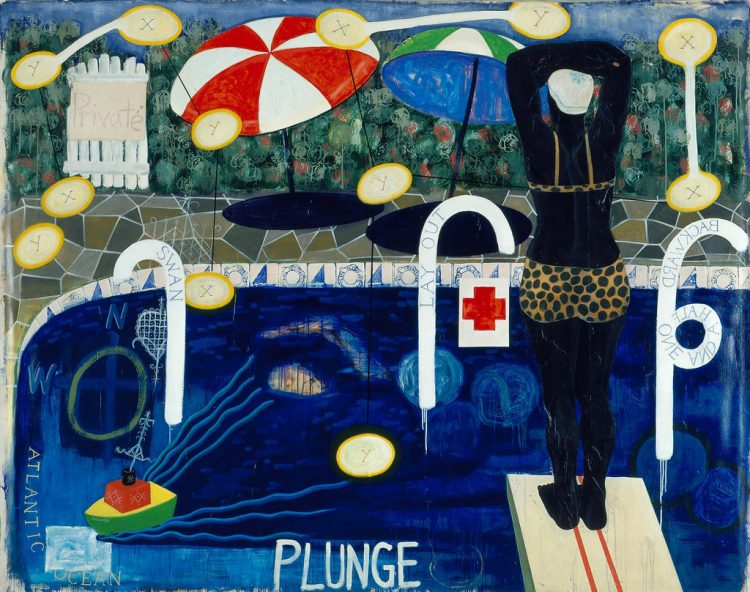
Plunge by Kerry James Marshall kicks off the list. This acrylic and paper collage on canvas is symbolic of the slave trade era. It garnered just north of $2 million at Christie’s.
No. 9 – Frida Kahlo – Two Nudes In A Forest (1939) – $8 million
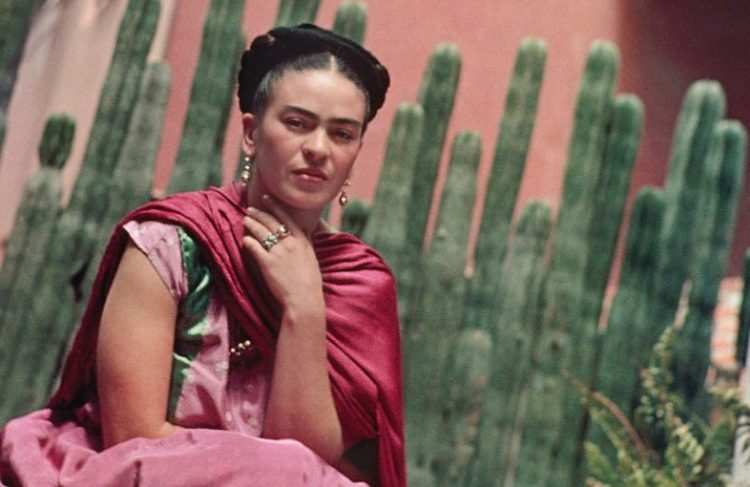
This piece has seen a huge increase in value over the past two decades as twentieth century female artists have grown in popularity. While it once sold for $150,000 in 1989, this painting just fetched $8 million in 2016.
No. 8 – Richard Prince – Runaway Nurse (2006) – $9.7 million

This painting sold for just $6.8 million five years ago, but it has increased in value by nearly $3 million over that time period. Purchased for $9.7 million in 2016 by Yusaku Maezawa, this contemporary piece from 2006 is part of Richard Prince’s “Nurse” series and has earned a lot of attention from both those in and outside of the art world.
No. 7 – Sam Francis – Summer #1 (1957) – $10.4 million
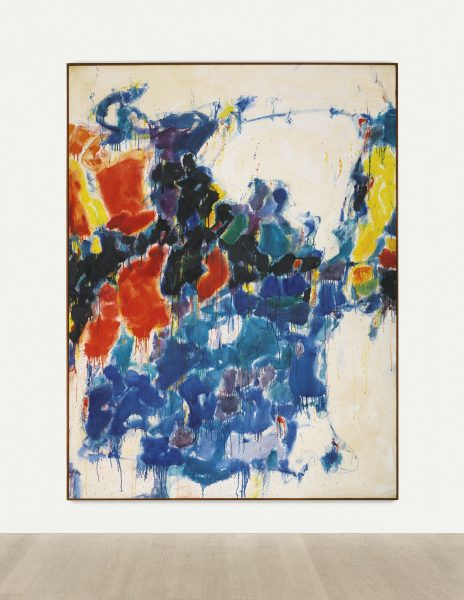
Sam Francis has seen several of his pieces increase in value in the last few years, including this postwar/contemporary piece from 1957.
No. 6 – Agnes Martin – Orange Grove (1965) – $10.7 million
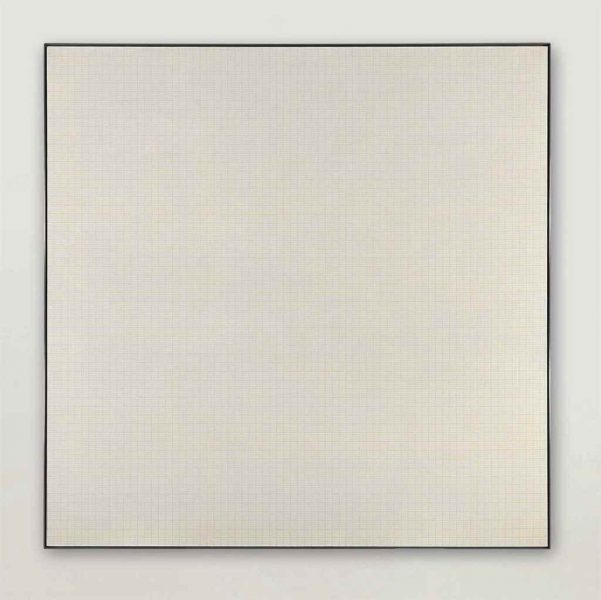
Perhaps the buyer of this painting loves oranges. It was expected to garner about $6-$8 million at auction but ended up fetching close to $11 million.
No. 5 – Claude Monet – Le bassin aux nympheas (1919) – $27 million
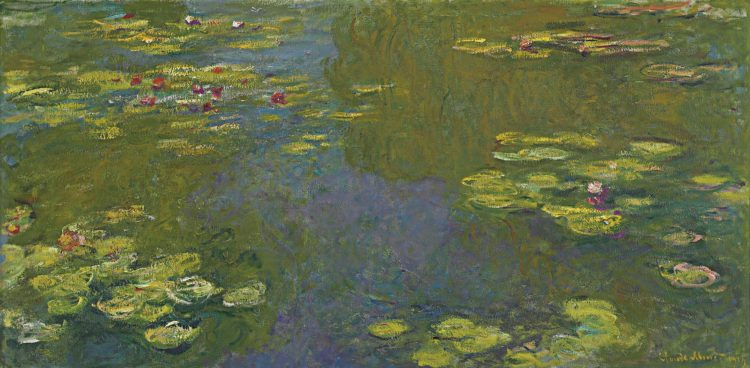
While most of Monet’s pieces are actually housed in museums, this one went on the block this year and fetched $27 million at auction.
No. 4 – Mark Rothko – No. 17 (1957) – $32.6 million
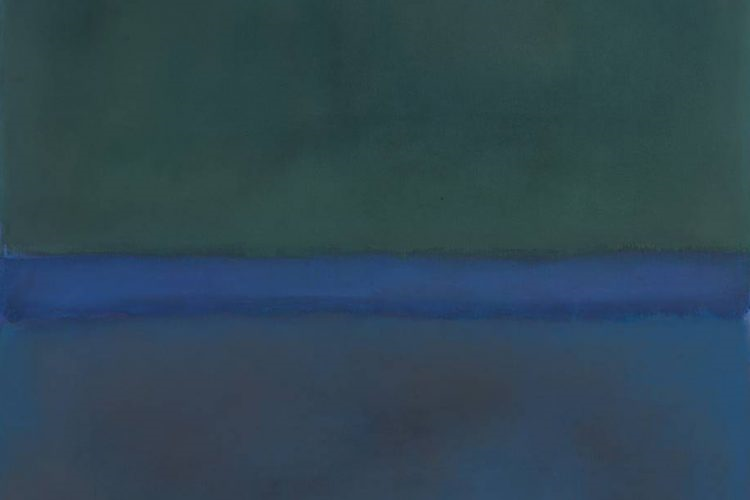
Coming in at number four is this symbolic postwar piece by Mark Rothko, which sold for more than $32 million at Christie’s earlier this year.
No. 3 – Jean-Michel Basquiat – Untitled (1982) – $57.2 million
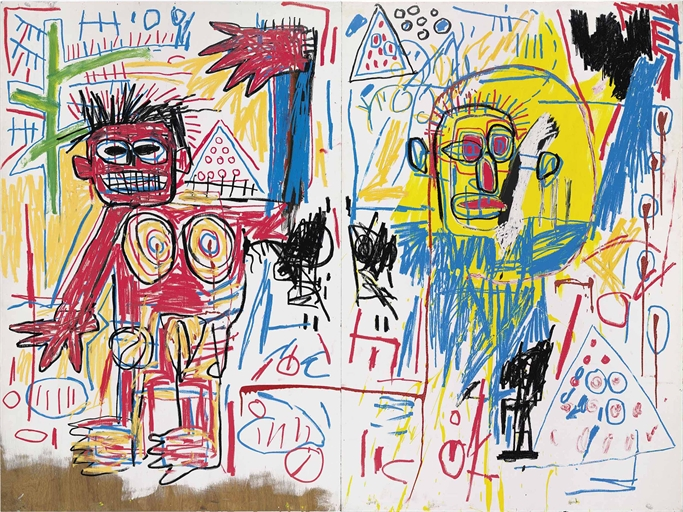
This contemporary piece from 1982 is one of the top attractions in the neo- expressionist art genre, and it continues to increase in value. Twelve years ago it sold for just $4.5 million. But just like Runaway Nurse, it was purchased by Yusaku Maezawa for more than $57 million.
No. 2 – Peter Paul Rubens – Lot and His Daughters (1613-14) – $58 million

This is the second most expensive Rubens painting ever, trailing only his “Master of the Innocents.” This is an extremely old painting as well as extremely valuable.
No. 1 – Pablo Picasso – Femme Assise (1909) – $63.4 million

Picasso is not for everyone, but there’s no doubt his paintings have fetched some of the highest amounts of money in the world, including in 2016, which saw his Femme Assise sale for just over $63 million. Much of the value comes from this painting being credited with introducing a new form of art. And of course, it’s a Picasso.
You also might like the article Art as an Investment
Follow GROCO on Facebook
India Teaming Up With United States in Joint Effort to Find Hidden Cash
India is reportedly going after so called “black money” which Indian citizens who are living abroad, are apparently hiding in offshore accounts, including here in the United States. According to reports, the Indian Government believes that as much as $350 billion is hiding in unreported bank accounts and other financial institutions. India is already gathering…
Is Your Company in the Market for a Fairness Opinion?
Is Your Company in the Market for a Fairness Opinion? Is that really fair? In my opinion, yes it is. Obviously a fairness opinion is much more than that in the financial and business world. So what is a fairness opinion, exactly? One of the final parts of any sale or merger is a fairness…
Communication Between Managers and their Employees
By Emily Topham Communication Between Managers and Their Employees Managers have a daunting task—finding the right level of communication between them and their employees. It can be difficult for new managers to transition into the level of communication that is required by a leadership position. But discovering how to communicate well can make or…
Which States Are Good, and Bad, for Taxes?
How attached are you to the state you live in? Although most people would rather not relocate, where a person lives can actually make a huge difference in his or her tax bill. That’s because Kiplinger recently released its list of the most and least “tax-friendly” states when it comes to taxes. The business publisher…



